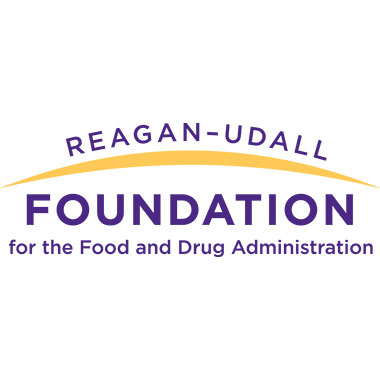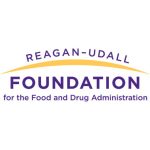The FDA announced that it has begun a national search for a new Deputy Commissioner for Human Foods and has provided an update on its proposed restructuring of the agency’s Human Foods Program and Office of Regulatory Affairs (ORA).
The Deputy Commissioner for Human Foods will report directly to the FDA Commissioner. As part of its search criteria, the agency notes that it is focused on identifying a candidate that has the expertise to provide leadership over the FDA’s nutrition and food safety programs (including programs aimed at preventing and responding to chemical, microbial, and other hazards).
“The ideal candidate will have executive-level and real-world experience sufficient to lead the newly envisioned Human Foods Program and its vast remit. This individual will also have clear line of authority over the proposed Human Foods Program, which would include the existing components of the Center for Food Safety and Applied Nutrition (CFSAN), the Office of Food Policy and Response (OFPR), and certain human foods-related components of ORA,” said the FDA in its statement released on February 28.
In terms of the proposed restructuring of the Human Foods program, the Deputy Commissioner will be charged with setting strategic direction for food inspections and have authority over program resource allocation. To achieve these goals, the agency has started the process of:
- Assessing specific functions of ORA, CFSAN and OFPR to be unified into a new Office of Integrated Food Safety Systems Partnerships that will engage with state, local, tribal, and territorial food safety regulatory partners. The assessment will also include how best to enhance connectivity with international food safety partnership programs.
- Analyzing inspection and compliance functions that sit within both ORA and program offices across the agency to determine opportunities to streamline operations and clarify decision-making authority at each step of the inspection process as well as integrate new automation and information technology (IT) support. The new processes will enable ORA and program personnel to function as a multidisciplinary team, eliminating sequential steps, immediately bringing the best expertise to bear on the problem at hand, and speeding decisions.
- Determining how best to empower the Deputy Commissioner for Human Foods and leaders of other programs, along with the Associate Commissioner for Regulatory Affairs, to oversee program and field resource allocation, including publicly mapping the budget to functional activities to provide clarity on resource allocation.
- Ensuring seamless coordination across the FDA and state-operated food laboratory operations by evaluating the foods laboratory programs, including the relationships, roles, and responsibilities among CFSAN, CVM, ORA and state-operated laboratories.
- Improving the FDA’s ability to conduct risk prioritization to deliver the highest public health benefit by performing an extensive evaluation of how the Human Foods Program accomplishes risk management, particularly risk prioritization, given the multitude of demands and the scarce resources, and how this can be used to guide dynamic work planning and resource allocation.
- Planning for greater enterprise transformation of certain ORA IT functions, which will be coordinated with the FDA’s Office of Digital Transformation (ODT). This move builds on the existing project to create an enterprise-wide platform for managing inspections and compliance activities. ODT will drive upgrades to FDA-wide IT systems.
- Evaluating training programs, including for FDA investigators, to see how they can best serve the needs of both the FDA, regulatory partners and regulated industry. This will include assessing whether some training functions or roles should be unified into the Human Foods Program and other product programs.
This vision will include moving cosmetics regulation and color certification functions out of CFSAN and into the Office of the Chief Scientist to better align the expertise of the agency’s cosmetics subject matter experts with the Chief Scientist and to leverage the FDA’s areas of expertise across the agency as it works to implement the Modernization of Cosmetics Regulation Act of 2022.
“Our proposal specifically tackles issues identified in two independent evaluations of our food programs, one conducted by the Reagan-Udall Foundation and an internal evaluation of the agency’s infant formula response. We’ve heard loud and clear that the current resource distribution and operational model between the FDA’s regulatory programs and field operations are siloed and there’s too much duplication. We intend to fix this and strengthen both the regulatory programs and field force,” said FDA Commissioner Robert M. Califf, M.D. “Both subject matter experts in the programs and the expertise of our investigators in the field will see more interaction as part of multidisciplinary teams that have clarity on who is in charge of making decisions.”
The FDA is seeking to finalize its proposal this Fall. It will then undergo a thorough review before advancing to Congress for a 30-day notification period where members may raise any concerns that the FDA may need to address. Afterwards, the FDA will issue a Federal Register Notice, provide notification to and engage, as needed, in negotiations with the Unions for impacted staff, prior to initiation of the new proposal. The FDA emphasized that it will continue to engage with stakeholders throughout this process.





